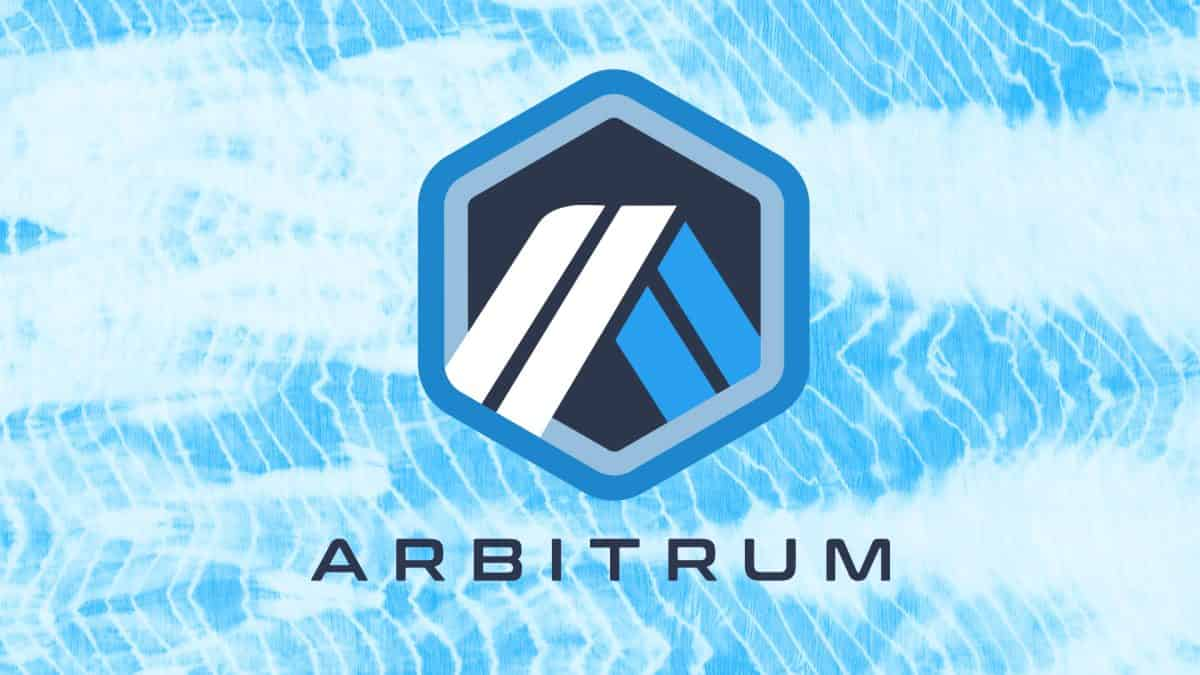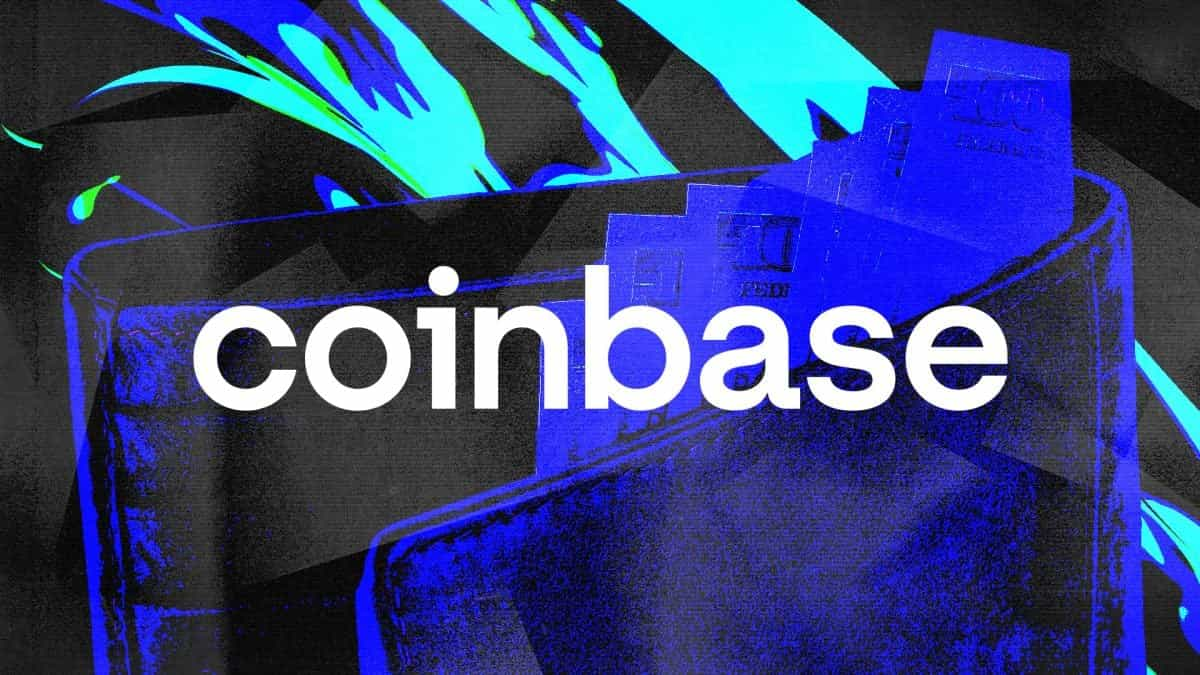Offchain Labs releases Arbitrum BoLD protocol on mainnet for 'permissionless validation'
Quick Take Arbitrum has launched the Bounded Liquidity Delay (BoLD), a dispute protocol that enables permissionless validation on its Layer 2 chains. Following a governance vote approval, BoLD is now operational on the Arbitrum One and Nova chains.

Offchain Labs, the firm building out the Arbitrum project, has implemented Bounded Liquidity Delay or BoLD — a dispute protocol that allows for "permissionless validation" on its Layer 2 ecosystem chains and improves network decentralization and security.
Following a governance vote approval, BoLD is now active on Arbitrum chains, One and Nova. This system replaces the previously allow-listed validators with a permissionless mechanism, opening participation to anyone interested in network security.
Offchain Labs says validation on optimistic rollups has remained complex over the years. Even with fraud proofs in place, chains can still theoretically be vulnerable to denial-of-service attacks, and a malicious validator could repeatedly delay withdrawals and state confirmations.
This meant validation had to remain permissioned, the developers explained, and security required careful control over who could participate, a necessary compromise that could limit decentralization.
The launch of the BoLD protocol changes that so anyone can make state assertions on the chain, creating an open system.
“For the first time, a single honest validator can protect the network against any number of adversaries against denial-of-service attacks. State confirmations happen within a guaranteed timeframe, no matter what attackers try,” Offchain Labs said.
How does it work?
Arbitrum is an optimistic rollup — a Layer-2 scaling solution that aims to improve Ethereum’s scalability. These rollup handles transactions off-chain and only submit transaction summaries to the Ethereum mainnet, reducing congestion and costs while maintaining security.
Optimistic rollups presume transactions are valid unless challenged, contrasting with zero-knowledge rollups that require cryptographic proofs for each transaction. This allows faster processing but relies on a system for challenging fraudulent transactions.
BoLD modernizes the fraud-proof system used in optimistic rollups by introducing an interactive, time-bound dispute resolution mechanism. This ensures disputes will be resolved within about 12 days for both Arbitrum ecosystem chains.
The most important feature is that by enabling anyone to validate transactions and challenge assertions, BoLD moves away from a permission-based validator system, promoting a more decentralized and open validation process.
Optimistic rollups currently utilize a 7-day challenge period for fraud proofs, considered a reasonable timeframe for the Ethereum community to respond to potential attacks and maintain the security of the rollup. However, theoretically, fraud proofs may take an indefinite amount of time for dispute resolution. This is because malicious actors can prolong the dispute resolution process by continuously opening disputes and forfeiting bonds, effectively extending the challenge period.
Disclaimer: The content of this article solely reflects the author's opinion and does not represent the platform in any capacity. This article is not intended to serve as a reference for making investment decisions.
You may also like
Coinbase's full-year revenue reaches $6.1 billion, more than double from 2023
Quarterly revenue of $2.3 billion was up significantly from $953.7 million in the same period last year.COIN shares are up 16% in 2025 and up about 112% over the past year.

Trump-backed World Liberty Financial’s MicroStrategy-like token reserve is ‘mostly a clever grift,’ Two Prime CEO says
World Liberty Financial’s new strategic token reserve aims to support major cryptocurrencies like Bitcoin and Ethereum, potentially giving renewed utility to its struggling WLFI governance token.Critics argue that WLFI’s structure allows the Trump family to profit from political influence while offering no direct claims to the reserve for token holders.

XRP price analyst targets $8 as ETF approval speculation intensifies
Analysts Are Both Bullish and Extremely Cautious on This Altcoin: FOMO Warning
